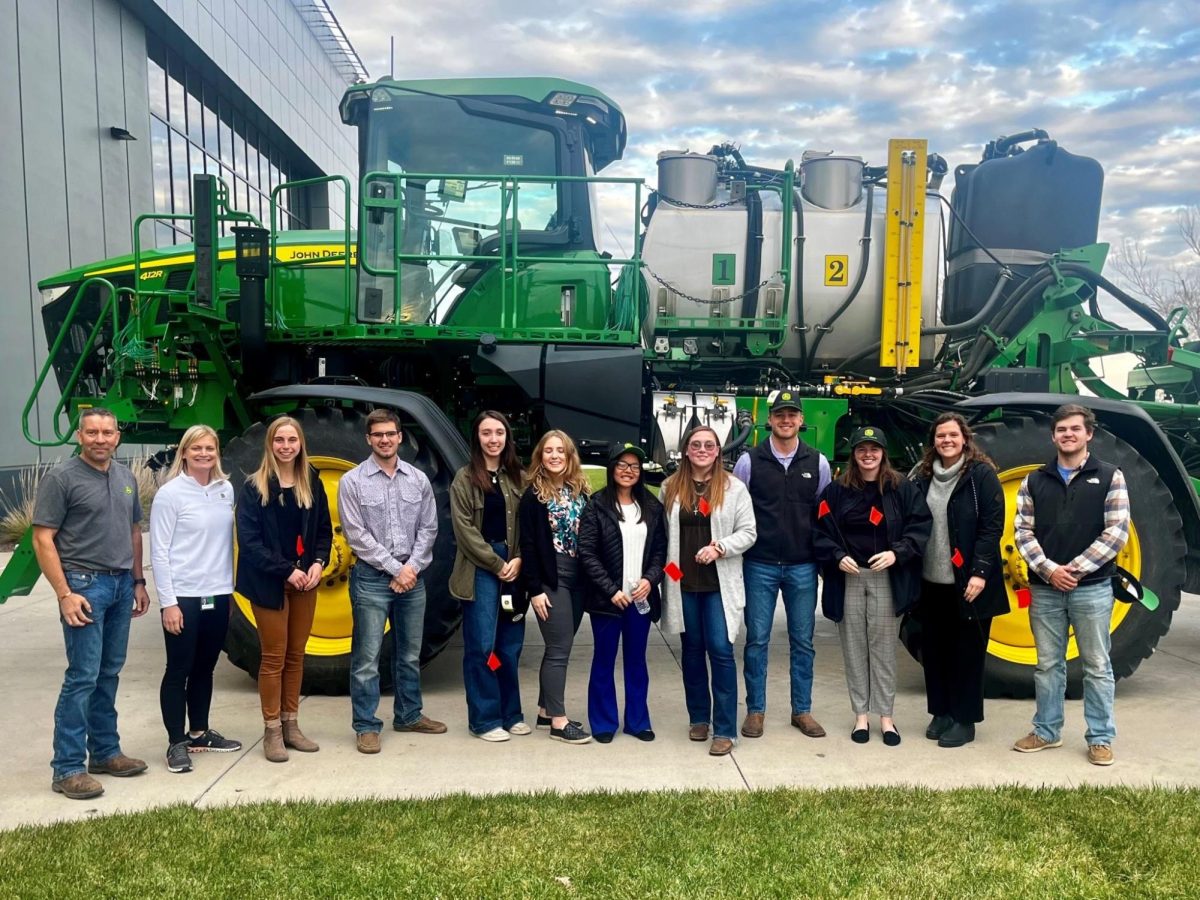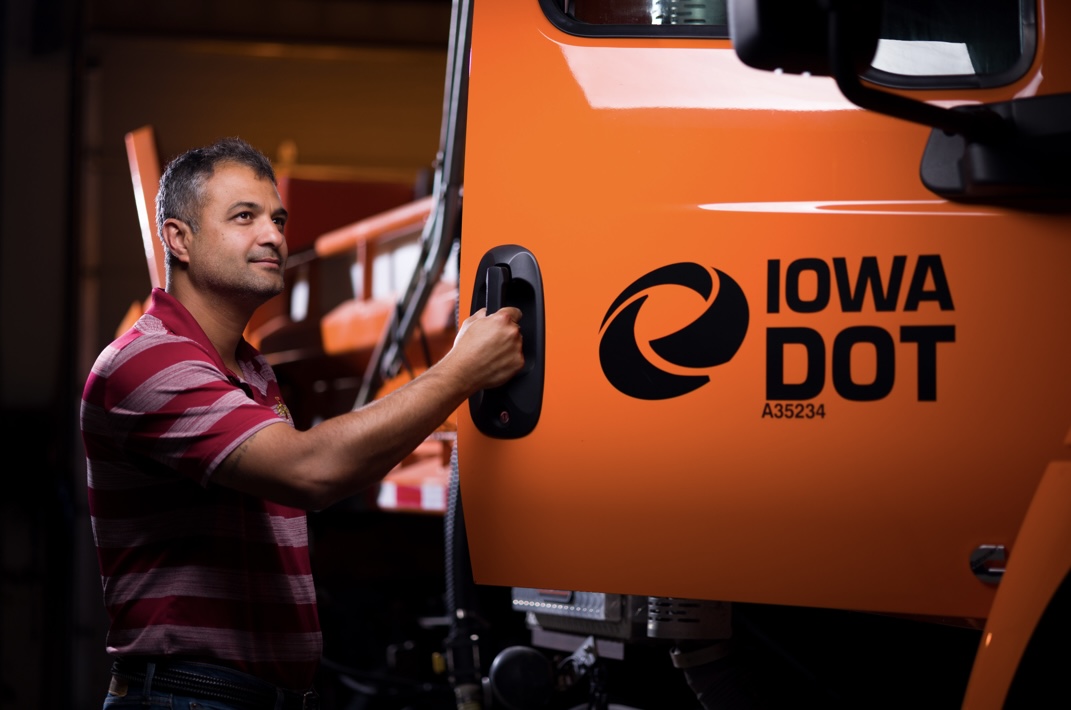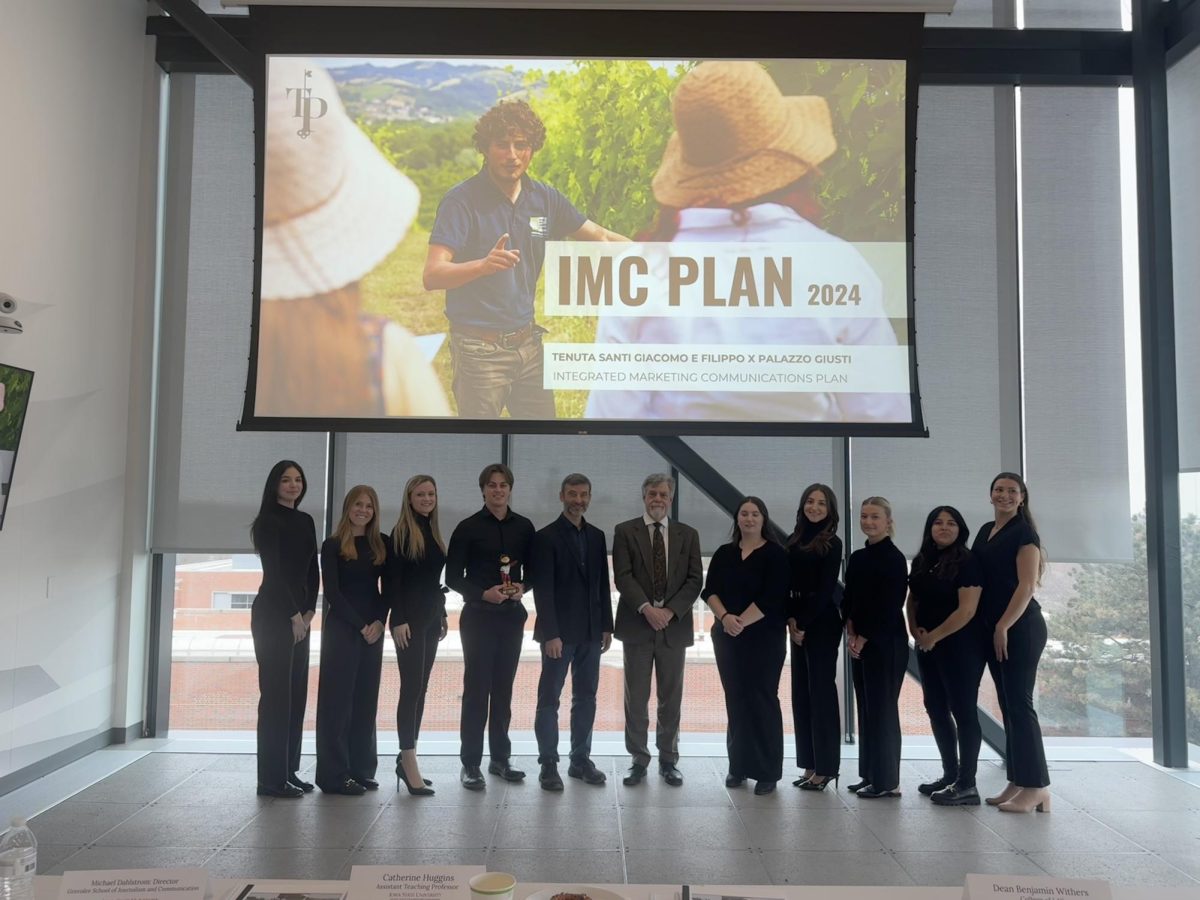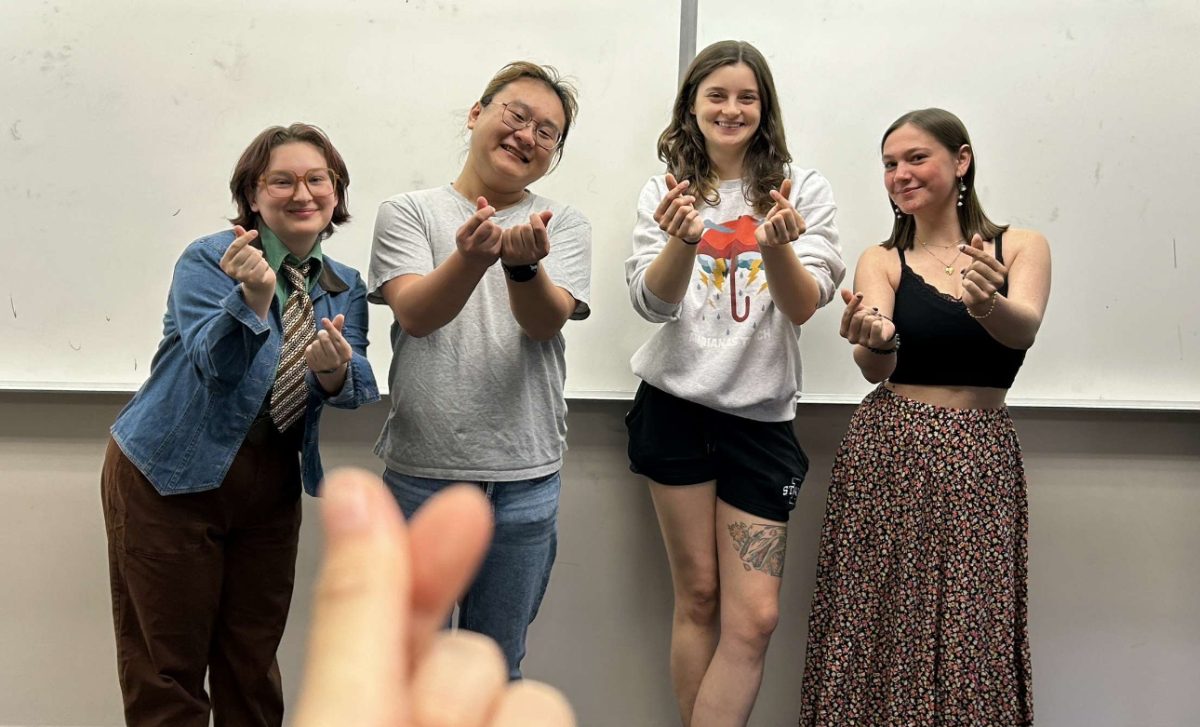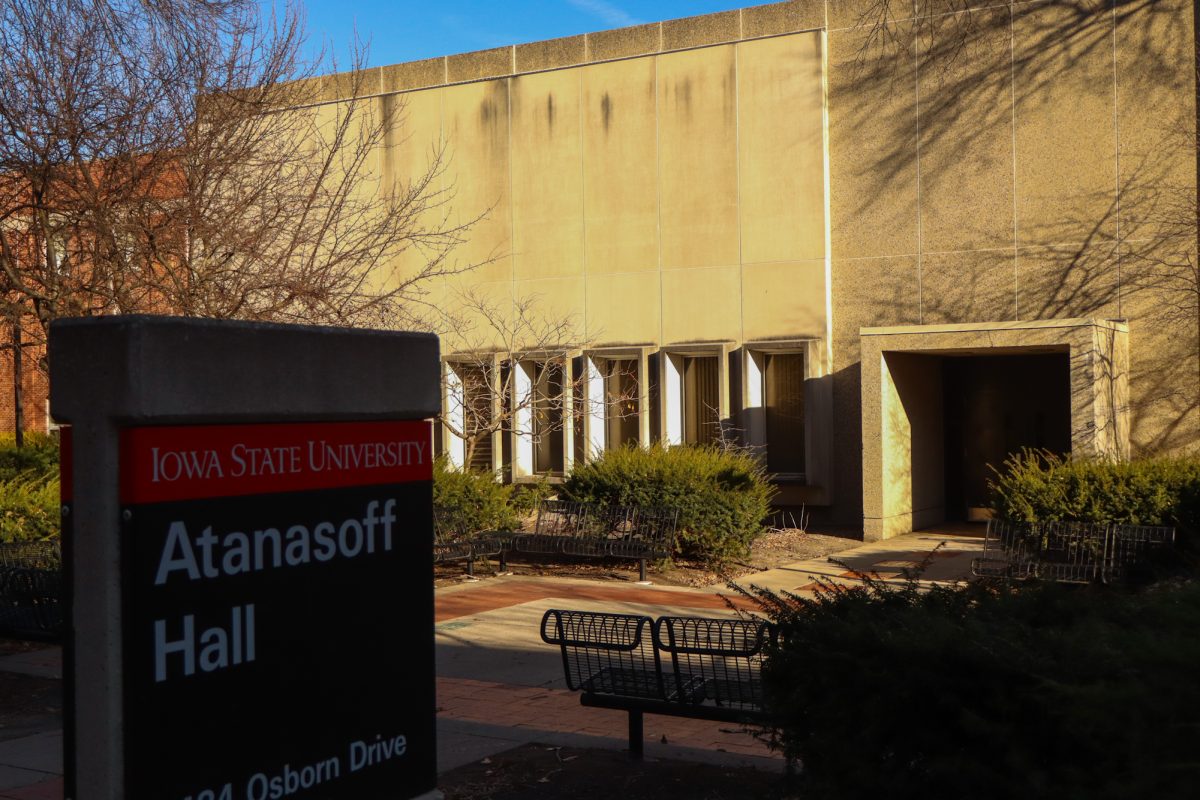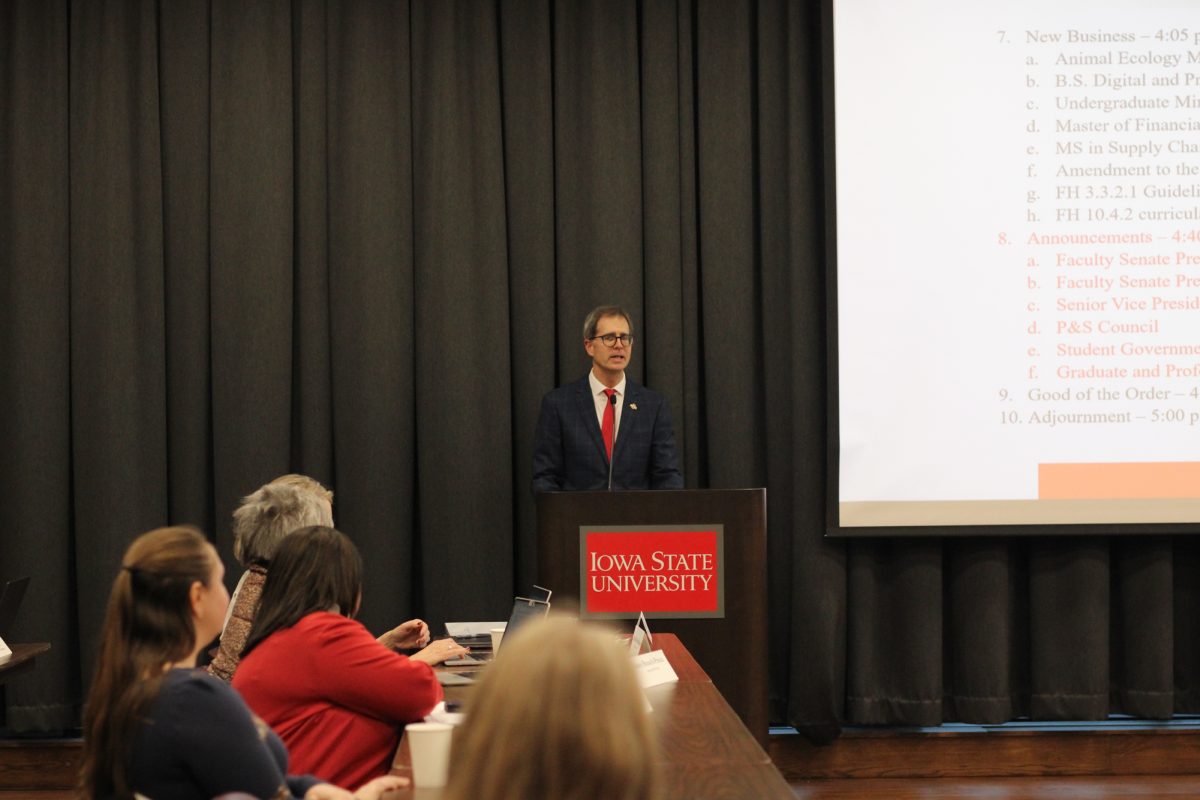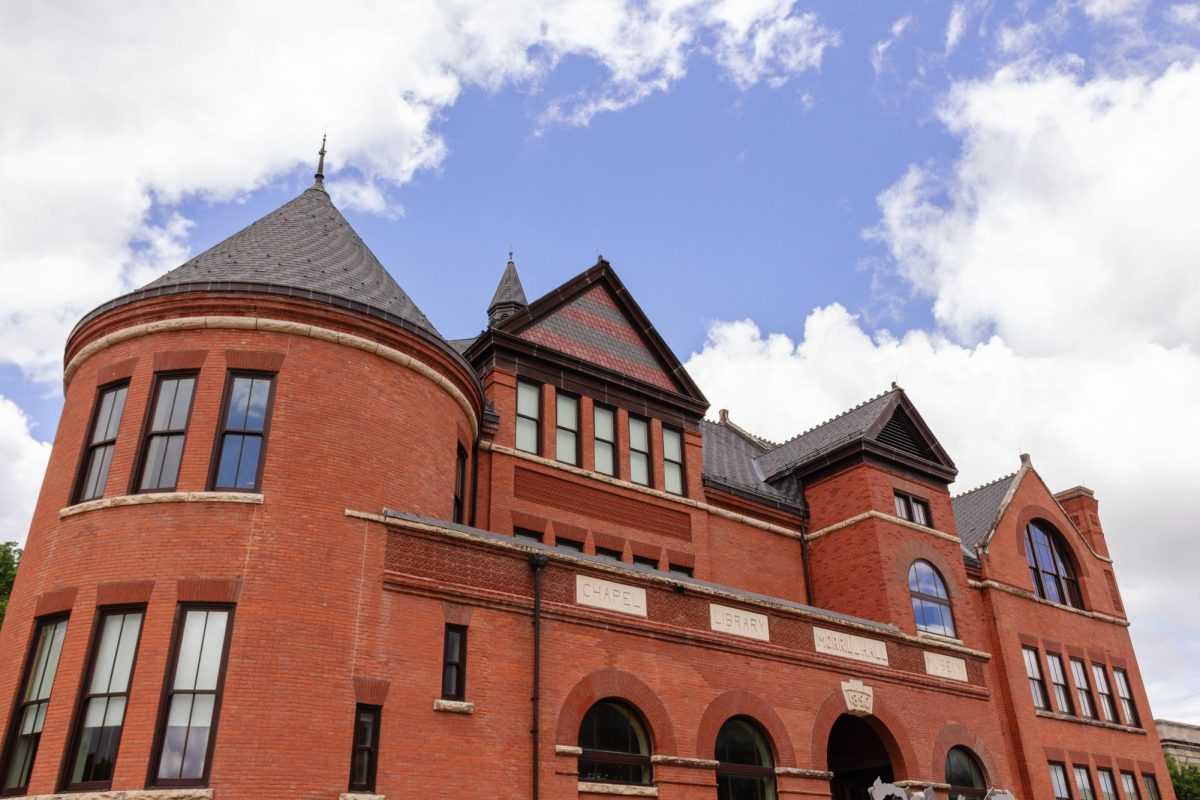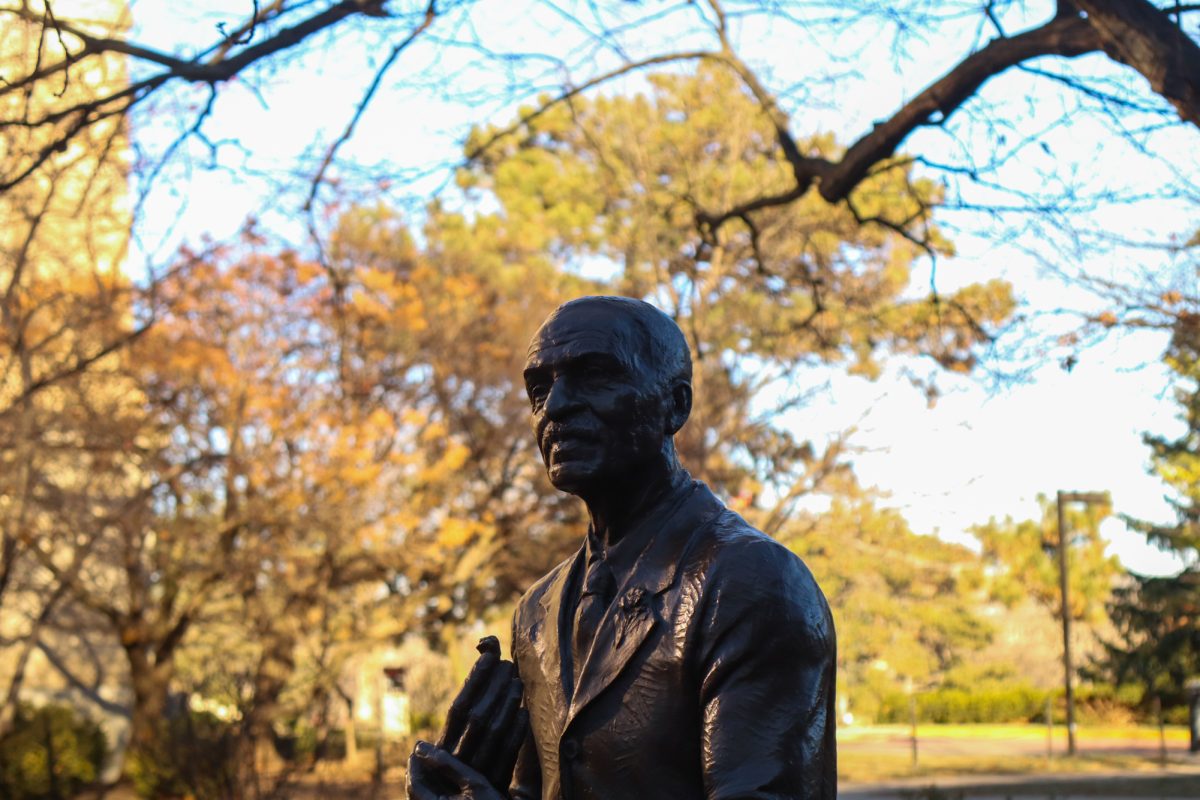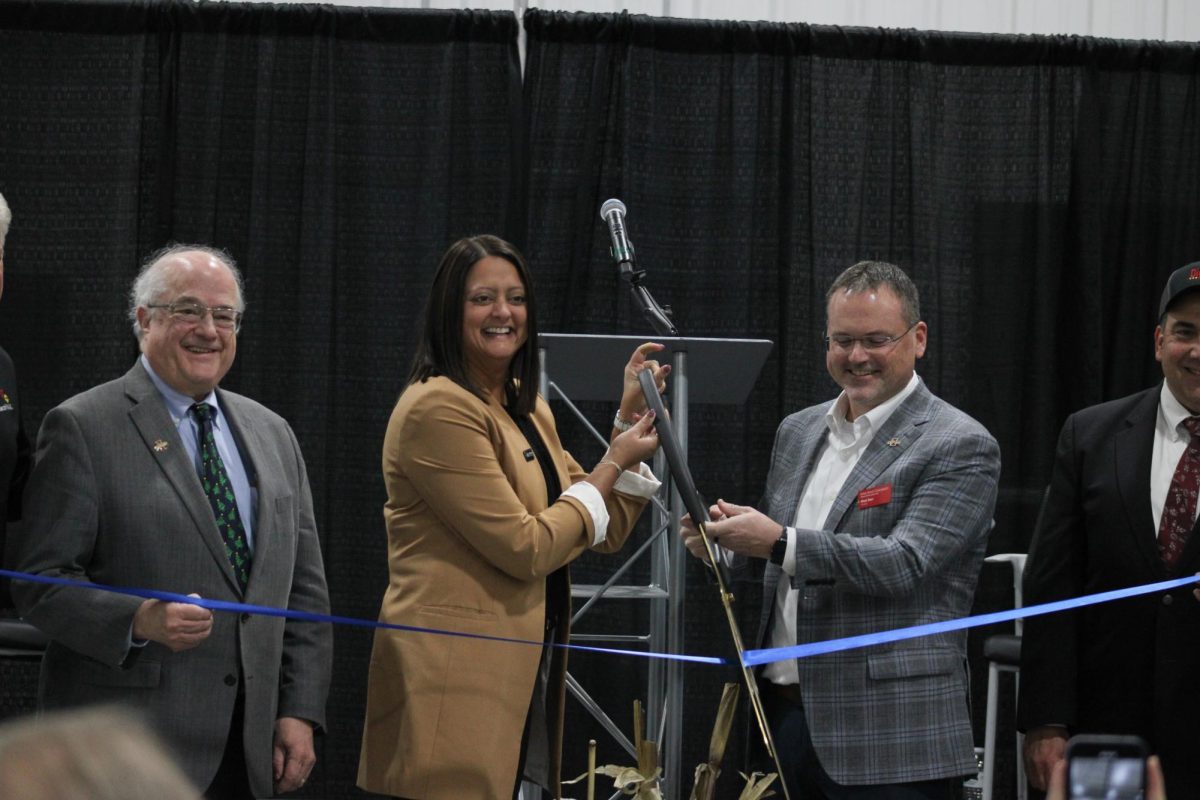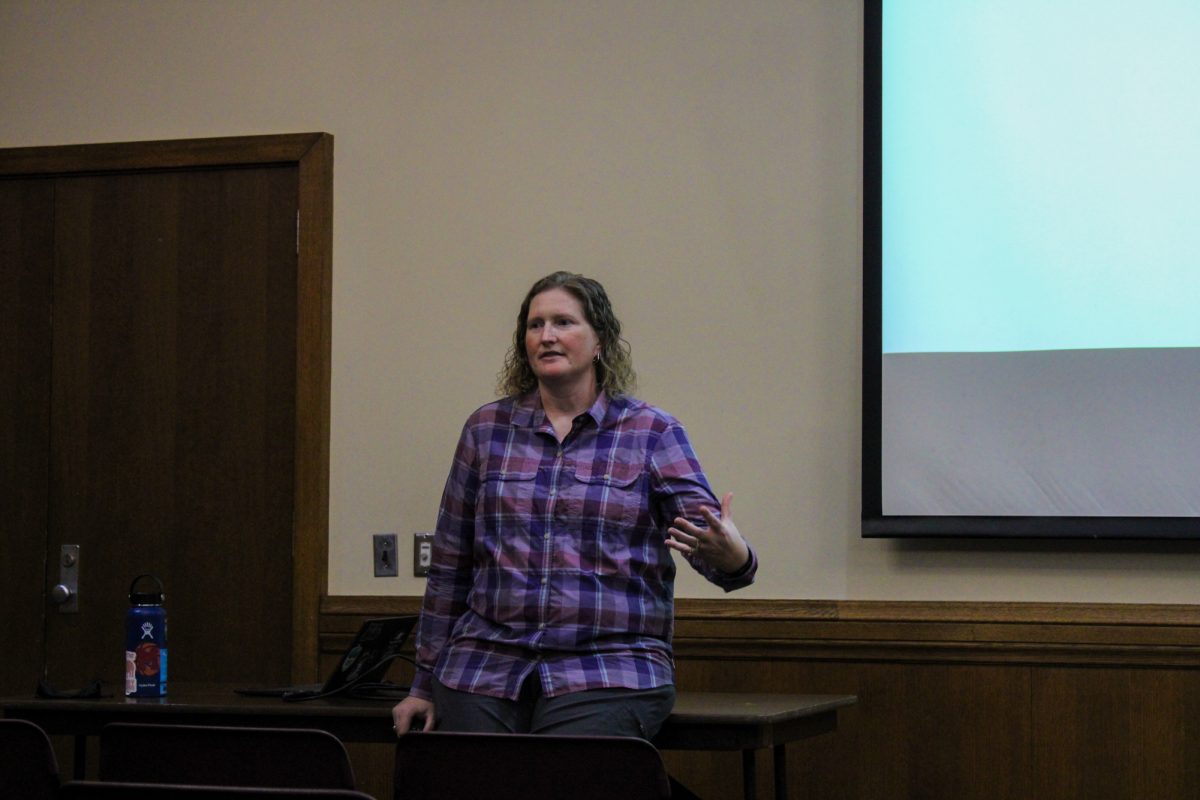America’s Cultivation Corridor is a public private partnership working to advance agriculture innovation in the state of Iowa. Iowa has a high concentration of agricultural industries, which allows a program such as the Next Gen Innovation Impact Study to show students opportunities for after graduation.
Madison Stevenson, a junior majoring in horticulture and minoring in entrepreneurship, and Rebecka Larson, a senior majoring in agricultural policy and international agriculture and minoring in political science spent their fall interning with the Corridor. The students spoke with the Daily on their experiences with the Corridor as Next Gen Innovation interns.
They found out about the internship through Start Something at the College of Agriculture and Life Sciences. Start Something aims to get college students involved in entrepreneurship, and more specifically with industry professionals to get them started on agricultural entrepreneurship, in line with the goal of the Next Gen Innovation internship.
The Next Gen internship gets students involved through weekly tours and panels to agricultural organizations.
“We’ve toured the BioCentury Research Farm, we’ve toured the Kent Feed Mill and Grain Science Complex facility,” Larson said. “We’ve toured with the Chevron Renewable Energy Group, as well as the John Deere sprayer lab, and we’ve also toured multiple other facilities and held various other panels talking about innovations.”
Stevenson said that one of her favorite parts of the panels was getting to listen to an engineer talk about the watershed and management projects that they were developing in Iowa communities and Iowa fields.
“How they’re managing that water flow in the field was really interesting to hear about,” Stevenson said. “It was something that I really enjoyed.”
Larson said her favorite was touring the Kent Feed Mill Complex because it had just been built and was still fully working its way to max capacity. The donors for the building spoke to the students on a panel and shared with observers how policy works for their respective organizations when building partnerships such as the ones they have with Iowa State.
“Everyone that we’ve gone to so far has encouraged us to reach out to them, and tell our friends about their organizations because they’re always looking to help students,” Larson said.
Part of their internship was developing 20 innovations that can help agriculture. One of the groups’ submissions was a product called Lamon, a laminating film that is 100% biodegradable. It is the same as any other laminating product, but it is made with polylactic acid, and not PVC, which can be considered to have negative impacts on the environment. Polylactic acid comes from the starch from corn, making it biodegradable.
“In general, this internship is great for people that have always wanted to look more into innovations that are going on in agriculture, but have never had the time or really the encouragement to get ahead and looking out for these innovations,” Stevenson said.


